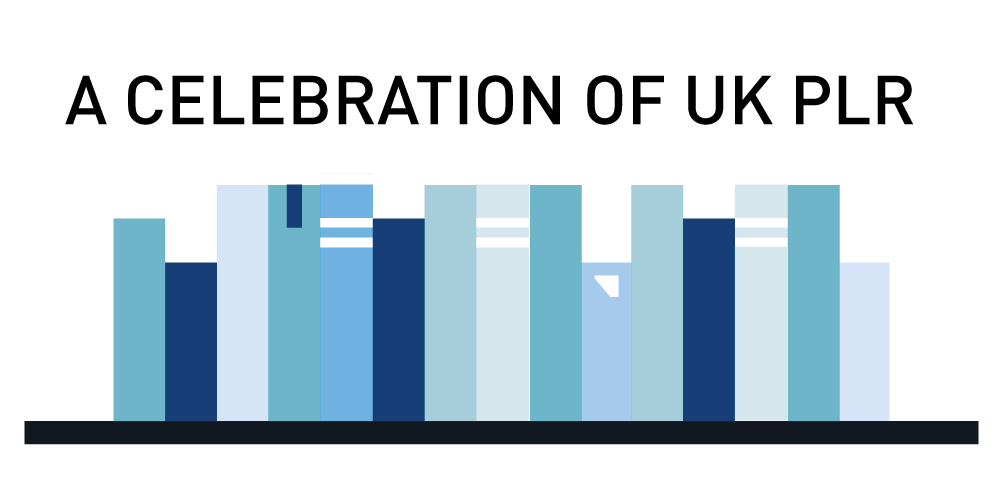
Looking after the pennies: 40 years of UK PLR
Celebrating 40 years of the UK Public Lending Right scheme was at the heart of the 13th PLR International conference, held at the British Library last month. For authors nationwide, and increasingly across the world, PLR is an essential component in their writing lives, providing them with both some well-earned income and the feeling of recognition that comes from knowing their books are being borrowed from libraries.
Fittingly, Maureen Duffy, writer and activist opened the three-day conference by telling the story of the Writers Action Group (WAG), which campaigned for the setting up of the PLR scheme. Among the early proposals was the concept of the Brophy Penny, through which people would pay a penny to loan a book from the library so it could be paid back to the author; a Government proposal to pay half of loan payments, with libraries paying the other; and the Arts Council England’s suggestion that libraries pay more to buy books so that the profit could be paid out to publishers, who would then pass it on to authors. However, the WAG was strongly against making consumers or libraries pay towards authors’ remuneration, fearing it would cause a decline in library use, have an adverse effect on library funding and, most importantly of all, negatively impact their payments.
During its campaign, WAG was supported by several politicians, including Michael Foot, Bill Hamilton, Joe Richardson and Ted Willis, the first Chair of ALCS. Maureen cited this support and securing government funding as the two most important campaign tools that those in the audience working to implement a PLR scheme in their own countries would need.
Kate Ebdon, Head of PLR Operations at the British Library then spoke about the present and the future of the PLR scheme. She explained how loan amounts for authors are calculated, and how the PLR scheme has developed since its inception. It has paid out £175 million to authors since it began in 1979, with funding for the scheme increasing from £2 million to £6.5 million per year, she said, and the future of the scheme set to involve substantial digital development, including a new, modern user interface and the development of a new IT system. PLR’s ‘Best Borrowed’ list, published every year, is a great way of raising awareness for the scheme, Kate added.
Tony Bradman, Chair of the ALCS Board, moderated a panel discussion about ebooks and the PLR scheme with Nicola Solomon, Chief Executive of the Society of Authors; Kate Ebdon, Head of PLR Operations at the British Library; and Carol Boswarthack, Head of Barbican and Community Libraries, City of London. Piracy and the impact of the scheme on libraries were some of the major concerns they had to contend with during the campaign for e-book lending payments, as was the impact of loans on primary e-book sales. The campaign was a collaborative effort by those within the creative industry along with librarians and was seen as a ‘real exercise in people coming together to lobby for an issue’. While the collection of loan data is a work in progress, it was agreed that the inclusion of ebooks in the UK PLR scheme will be beneficial to all kinds of writers, and that primary e-book sales are not suffering as some worried they might.
We strongly encourage all ALCS members to sign up for PLR if they haven’t already done so. You can register for both UK and Irish PLR, which are administered together, via the British Library’s website.
The ‘international’ dimension to this year’s PLR International Conference was highlighted by Dr Jim Parker, PLR International Co-Ordinator, who recorded an interview for ALCS podcast, Writing Matters at the Conference about his work helping to implement PLR schemes around the world. There are 35 schemes currently in existence internationally, with each country coming up with ‘a model that works for the local circumstances’. Jim cited the two biggest successes in recent years as the inclusion of reciprocal agreements which allow UK authors to benefit from overseas PLR (currently paid out through ALCS) and the inclusion of e-book lending within the UK PLR scheme. Jim also stressed that PLR is not just about the remuneration, but also about the sense of satisfaction writers receive from knowing that their books have been borrowed from libraries. “PLR is one of the great spurs to fresh endeavour,” as children’s writer and illustrator Shirley Hughes put it.
You can listen to the full interview with Jim Parker in the next episode of Writing Matters, the new podcast by ALCS. Listen to our first episode, and subscribe so you don’t miss the next one here.
For a full account of this year’s PLR International conference, read the International Authors Forum report here.
